Description
Charline Lambert
Translated by John Taylor
Of Desire and Decarceration
ISBN:978-1-956921-33-5
(pbk., 460 pages)
(September, 2024)
Of Desire and Decarceration marks the first appearance in English not only of a selection of the young Belgian poet Charline Lambert’s writing, but indeed of her first four books in their entirety. The motivation for bringing forth this substantial corpus is that the four sequences of verse poems and poetic prose pieces respond to each other, grow out of each other. They are stages in an ongoing quest to grasp the mysteries of desire and gain insight into its innermost relationship, not only with the body, but also with language. Lambert’s intense writing leaves no doubts about its personal implications, but her quest can be generalized. For the poet, coming to terms with desire is a prerequisite for a human being who wishes to come to terms with him- or herself, with a personal “identity” that does not necessarily seem—feel—completely or satisfactorily “incarnated,” embodied. Whence this tetralogy, with its striking quips, koans, cryptic allusions (to crochet and Chinese acupuncture), queries, conjectures, lemmas, experimental results, and insightful observations about desire and “decarceration,” ever with the aim of clarifying our personal existential affairs so that “joy can be placed at the helm.”
Front Cover Art: Marc Feld
John Taylor’s introductory essay to Desire and Decarceration in Hopscotch Translation
Praise for Charline Lambert
“[In Charline Lambert’s poetry], it is ultimately Flesh that is made Word and not Word that is made Flesh. This reversal of the perspective is not without importance: for where the Word made Flesh agonizes, Flesh made Word confounds its mortal condition and aims at a plenitude expressed by the acceptance of desire and the clarity, the light, the sun saving one from ‘the mud of being.’ It is then that what has been confined pours out in a vastitude with ‘joy at the helm.’ [. . .] “Salvo, salvation, saliva: this signifying triptych structures her poetic sequence, which represents, like the sea invoked in it, the place to wash oneself, to sublimate oneself, to become wind, to be freed of burdens, limits, and landmarks, the mental and physical walls that are a part of our carnal and spiritual envelope. This extirpation of the self, through a flow of language in which infinitive verbal forms, repetitions, and key images of confinement (night, blackness, evening, anguish), violently express this effort of a new birth designed to reappropriate ‘this body, this river of fire quirted by the tongue.’”
—Éric Brogniet, author of Radical Machines
“[Charline Lambert’s language is] a poetry gasping for breath, busying with its urgency. It is doubled, however, by a vocabulary whose preciosity marks a pause, suspends reading like so many stones thrown onto the surface of the water, which propagates the ripples. The words borrowed are mineral, botanical, or, most often, physiological, for the poem becomes the echo of a vibrant, breathing, spasmodic body. Lambert’s poetry lies somewhere in this tension, in this methodical, effective, intangible description of an experience at the limits of the body. [. . .] Hers is a language sometimes snatched up by sound, sometimes summoned by the luxury of its definitions, but without an esoteric trap ever closing around enunciation. Words which question, in a mirror, the self and the other—these fragile agglomerated fragments, this diked-up river rushing towards the sea, this coagulated blood. Rarely will one hear as distinctly a language seek out the body which, first, must possess it in order to better lose its fondness for it, accepting a return to the flesh that gives it breath and blood only to hasten its surging forth.”
—Laurent Moosen, Director, Department of Literature, Fédération Wallonie Bruxelles

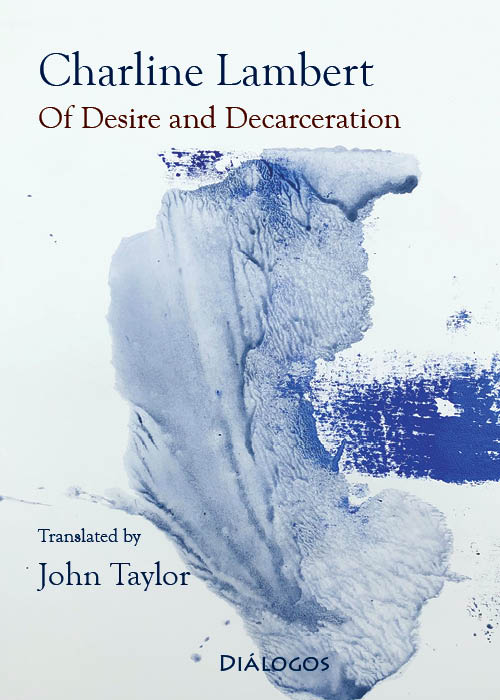
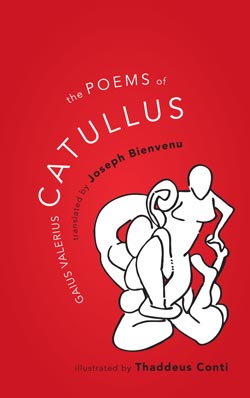
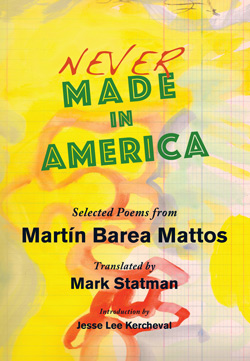
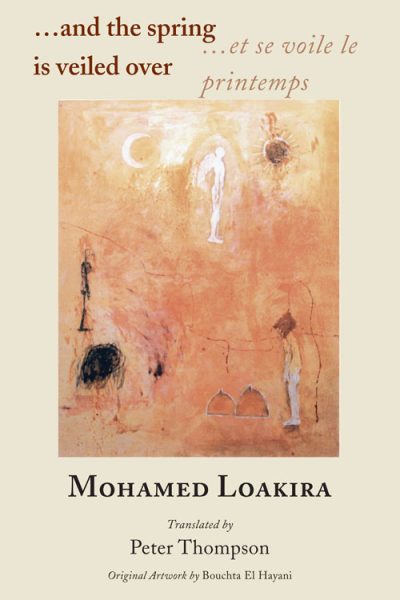
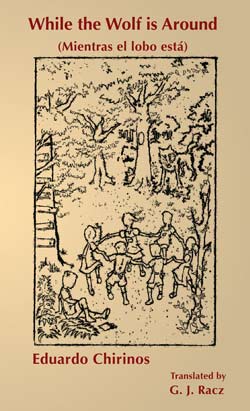
Reviews
There are no reviews yet.